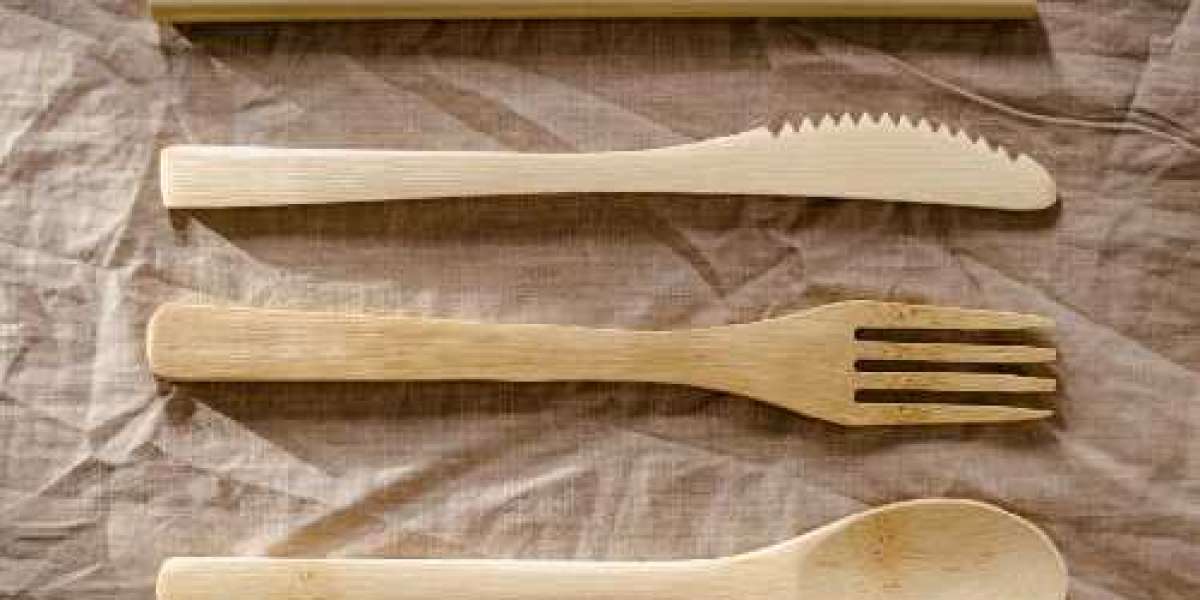Introduction:
In recent years, there has been a growing demand for sustainable and eco-friendly alternatives to traditional utensils. Bamboo utensils have emerged as a popular choice, thanks to their durability, natural beauty, and minimal environmental impact. Not only are they a great addition to your kitchen, but they also offer a renewable and biodegradable alternative to plastic or metal utensils. To ensure the longevity and maintain the pristine condition of your bamboo utensils, proper care is essential. In this article, we will explore the best practices for caring for your bamboo utensils, helping you enjoy them for years to come. how to care for bamboo utensils
Washing and Cleaning:
When it comes to cleaning bamboo utensils, it's important to avoid soaking them for extended periods or using harsh cleaning agents. Instead, follow these simple steps:
- Hand Washing: Bamboo utensils are best cleaned by hand. Use mild dish soap and warm water to gently scrub the utensils with a soft sponge or cloth. Avoid using abrasive scrubbers that may damage the surface.
- Drying: After washing, ensure thorough drying of bamboo utensils. Wipe them with a clean towel or air-dry them vertically to prevent moisture buildup, which can lead to mold or warping.
Oil Treatment:
Periodically treating your bamboo utensils with food-grade oil is crucial for maintaining their natural shine, durability, and preventing drying or cracking. Here's how to do it:
- Choose the Right Oil: Use food-grade oils like mineral oil, coconut oil, or beeswax. Avoid vegetable oils as they may go rancid and leave an unpleasant taste.
- Application: Apply a small amount of oil to a cloth or paper towel and rub it onto the bamboo surface in gentle, circular motions. Allow the utensils to absorb the oil for a few hours or overnight. Wipe off any excess oil before using the utensils.
- Frequency: Treat your bamboo utensils with oil every few months or whenever they start to look dry.
Avoiding Extreme Temperatures:
Bamboo is susceptible to damage from extreme temperatures. To preserve their integrity, follow these guidelines:
- Avoid Hot Liquids: Bamboo utensils are not suitable for stirring extremely hot liquids or leaving them in boiling pots for prolonged periods.
- Keep Away from Direct Heat: Avoid placing bamboo utensils near stovetops, ovens, or other direct heat sources. Exposure to high temperatures can cause them to warp or crack.
Regular Inspection:
Regularly inspect your bamboo utensils for any signs of damage, such as splintering or cracks. If you notice any issues, discontinue their use to prevent any potential harm. Replace damaged utensils promptly to maintain a safe and enjoyable dining experience.
Proper Storage:
Proper storage is crucial for preventing unnecessary wear and tear on your bamboo utensils. Consider the following:
- Utensil Holder: Store your bamboo utensils upright in a well-ventilated utensil holder or jar. This ensures proper air circulation and prevents moisture buildup.
- Away from Sunlight: Avoid leaving bamboo utensils exposed to direct sunlight for extended periods, as it can cause discoloration and weaken the material.
Conclusion:
By following these simple care guidelines, you can extend the lifespan of your bamboo utensils and continue to enjoy their natural beauty and functionality. Bamboo utensils offer an eco-friendly and sustainable alternative to conventional utensils, and with proper care, they can accompany you in countless meals while reducing your ecological footprint. Embrace the charm and practicality of bamboo utensils, and contribute to a greener and more conscious lifestyle.







